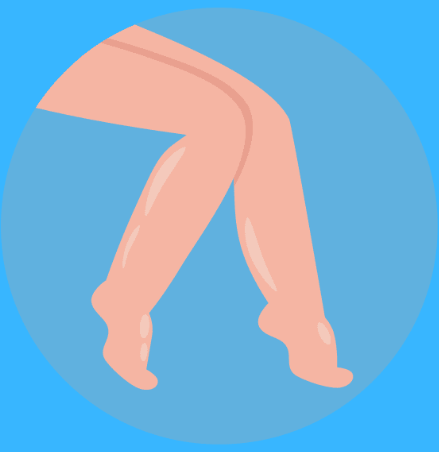What is Pfeiffer Syndrome? Learn more about this condition
Pfeiffer syndrome is a complex genetic disorder in which certain bones in the skull fuse (join together) early in their development. This prevents the skull from growing normally, affecting the shape of the head and face and sometimes causing increased pressure around the brain.
It also affects the hands and feet. Children with this condition have broad, short thumbs and big toes. They may have webbing between the fingers and toes.
What are the symptoms of Pfeiffer syndrome?
Pfeiffer syndrome is a complex genetic disorder that affects your child’s head, face, hands, and feet. Clinical features vary for different children and range from mild to severe. Pfeiffer syndrome may include:
- Craniosynostosis: Premature (early) closure of growth plates of the skull that changes the shape of the head and can put increased pressure on the brain. This makes skulls appear “too tall” and overly flat from the middle part of their faces upward.
- Midfacial hypoplasia: Decreased growth of the middle of the face, causing a sunken facial appearance. This can also cause potential airway obstruction, sleep apnea, and a concave facial profile.
- Proptosis: Protruding, unprotected eyes
- Brachydactyly: Unusually short fingers and toes
- Syndactyly: Webbing or fusion between the fingers or toes
Other features of the condition may include:
- crowded teeth
- cleft palate
- some hearing loss, due to a defect in the middle ear
- fused (joined) spinal bones
- wide thumbs and big toes that bend away from the other digits
Cause of Pfeiffer syndrome
Autosomal genetic disorders only require a single copy of an atypical gene to cause the disorder. The atypical gene may be inherited from one parent, or it can result from a new gene mutation in the child.
The majority of people with Pfeiffer syndrome develop it from a new mutation because neither parent has a gene mutation that could be passed on.
Are you suffering from this condition? One of our podiatrist can assist and then recommend what treatment options are best to get you back on track. ✅
Schedule an appointment here or you may call us at 44 (0) 207 101 4000. 📞
We hope you have a feetastic day! 👣☀️
-The Chelsea Clinic and Team
Check our latest blog about Lichen Planus here https://www.thechelseaclinic.uk/lichen-planus/




